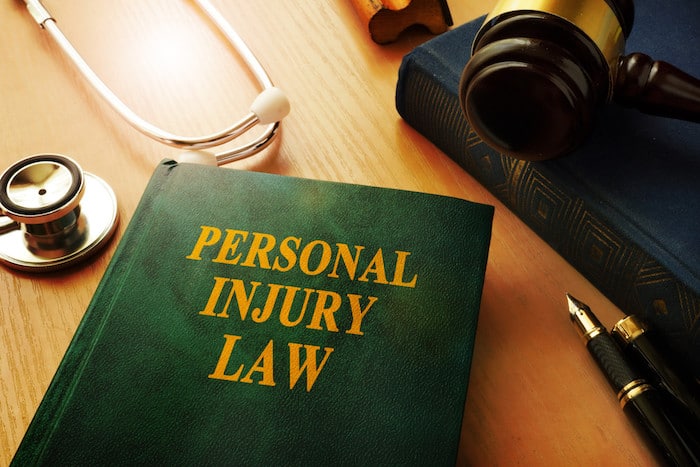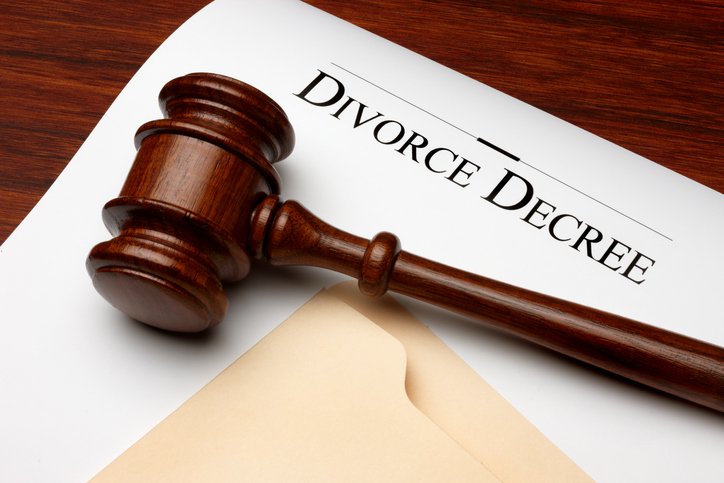Types of Compensation for Personal Injury Cases

Personal injury compensation comes in many forms. Regardless of where you are in your case, it is critical that you fully comprehend the type(s) of compensation you and your Boston injury law firm are seeking.
Types of Damages For Personal Injury Compensation
There are two categories of personal injury damages: compensatory and punitive. These damages are further divided.
Compensatory damages reimburse you for their injury expenditures. Almost all personal injury cases should have compensatory damages.
Punitive damages punish the wrongdoer. Injuries you or a loved one have received are unrelated to them. They are also less common than compensatory damages.
All other sorts of compensation (excluding workers’ compensation) fall under these two umbrellas. However, personal injury compensation can and does branch out; let’s examine these branches presently.
Damages for Personal Injury
Almost all personal injury cases seek compensatory damages. This list is not exhaustive; always consult a lawyer before dismissing your claim.
Special Redress Damages
This sort of remuneration includes quantifiable out-of-pocket expenses. In other words, special compensatory damages recompense you for expenses and lost income due to your accident.
Among the unique compensating damages are:
Expenses (past and future)
- Keep track of the following bills, receipts, and paperwork:
- Hospitalization, medical costs, and treatments (including surgery and lab tests)
- Bills for PT, rehab, and pain management
- Expenses for doctor visits
- Prescription drug costs
- Associated home or nursing home care costs
- Transportation
- Increasing living costs
- Expenses related to property damage, including repair and replacement
- Was your automobile, bike, boat, etc. damaged in the accident?
Wages/Earning Ability Lost (past and future)
Wage loss and loss of earning capacity are the same things. Both refer to lost wages up to the trial date, as well as compensation for future lost wages.
Irreplaceable Item Loss
Was an irreplaceable item, such as a family heirloom, damaged or destroyed in the accident? You may be entitled to further compensation for the lost item.

Trip Cancellation or Change Fees
Were you planning a big trip before you got hurt? If your accident prevented you from keeping your original intentions, you may be entitled to cash compensation for any connected losses.
General Restitution
In addition to tangible expenditures, there are intangible costs that aren’t often quantified. GC damages address the latter.
Typical general compensatory damages are:
- Suffering
- Long-term physical pain caused by an injury or its treatment
- Depression, sleeplessness, and PTSD are all examples of mental anguish.
Sadly, many sorts of physical injuries prevent people from enjoying life as they used to. This form of damage is frequently awarded to individuals who have had an amputation or a TBI.
Loss of life Pleasure
When injured people can’t participate in things that used to bring them joy, including seeing their kids grow up, playing an instrument, or participating in sports, they might sue for loss of enjoyment of life.
- Loss of Companionship Forfeited Death Damages
- Disfigurement and disability
- Inconvenience
General damages are frequently the most confusing of the two sorts. For example, “Is pain and suffering compensatory damage?” But how?” Inquire if any of the above general compensatory damages apply to your case. Then, ask your lawyer how your court determines general compensatory damages.





